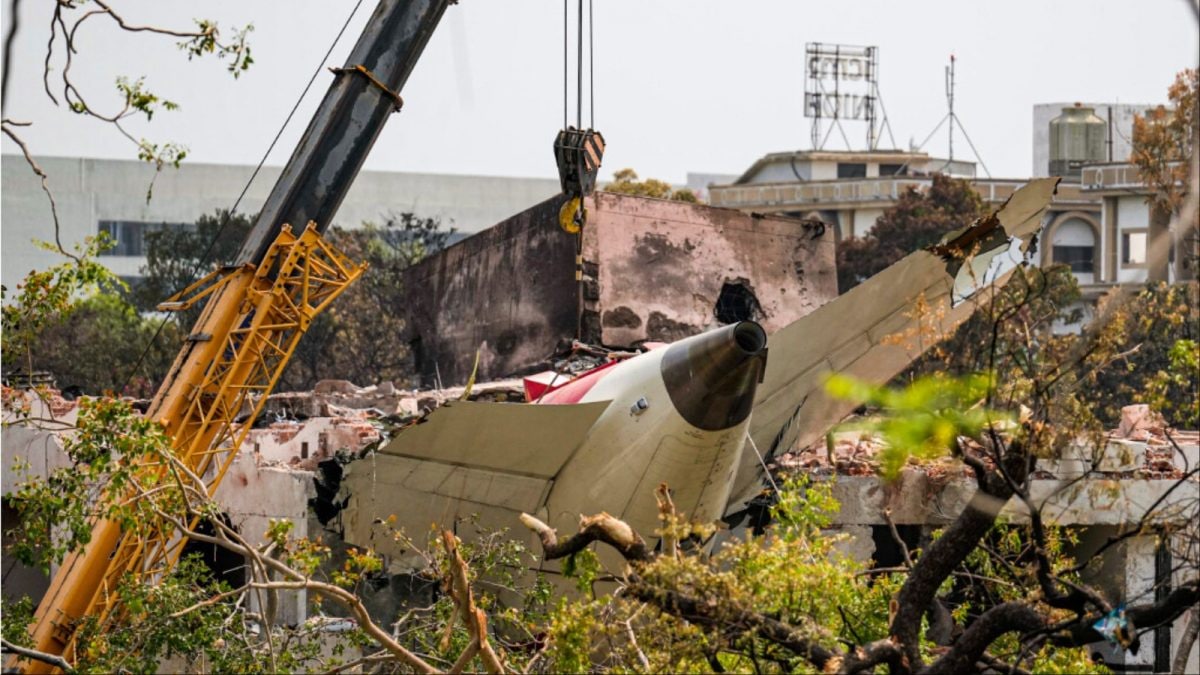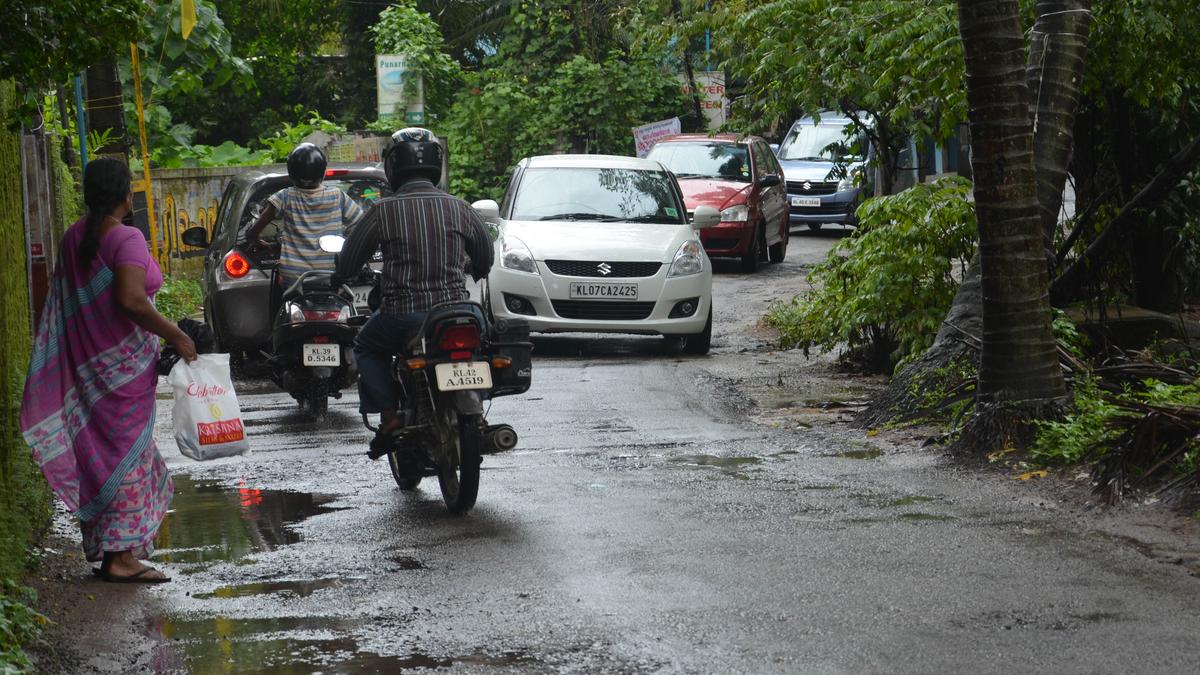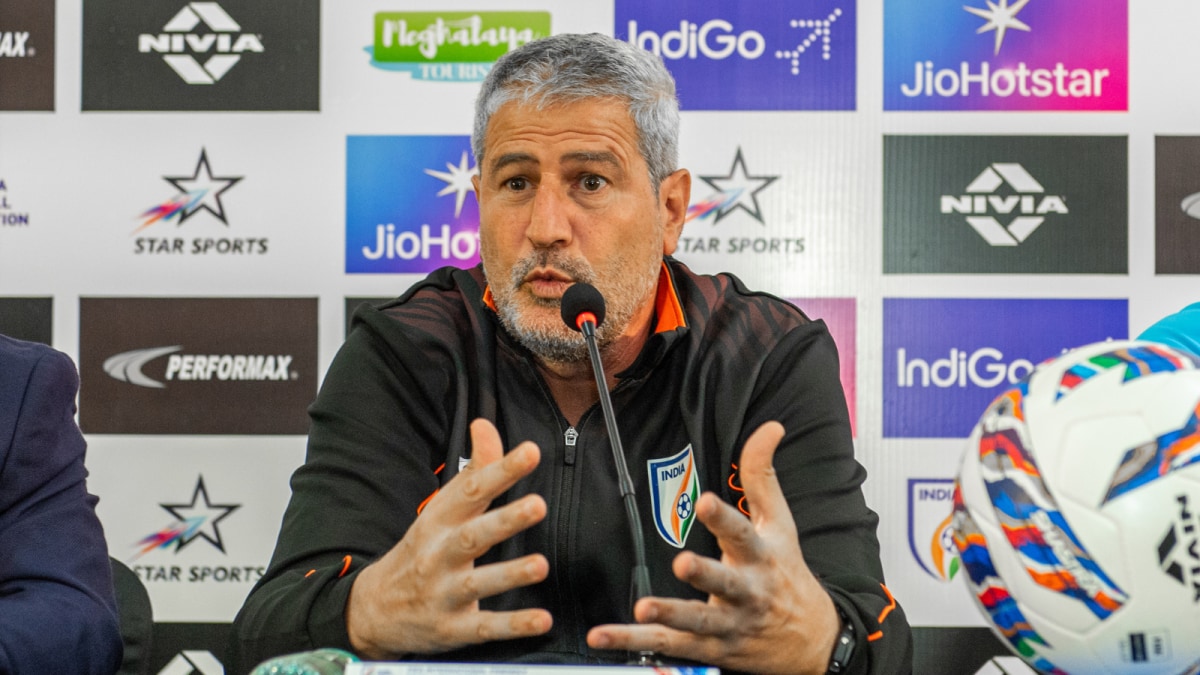When one travels from Srinagar to Uri, the Jammu and Kashmir (J&K) Lieutenant Governor (LG)’s overhaul of the region’s challenging terrain is perceptible. His bureaucrats outline his main accomplishments: first, efficient transportation networks have facilitated better access to services, and tourism; and second, civilian killings and militant recruitment have considerably declined. The locals agree. Industrialists say the elimination of separatist infrastructure has allowed businesses to thrive. A section of the people appear to have moved on from the separatist discourse, but they do not explicitly admit it. They fear this would deflect from Kashmir’s political questions, especially the need for a plausible political trajectory which remains elusive as New Delhi delays restoration of J&K’s Statehood.
Political uncertainty culminating in political premonition serves nobody’s interest. It needs to be replaced by an optimistic vision for the future, drawing from compassionate terms of engagement between New Delhi and J&K. Handing over full executive powers to J&K’s elected government is the first step.
The Supreme Court (SC) in December 2023 recommended the restoration of J&K’s Statehood but did not specify a deadline. Now is the apt time. Among many reasons is the urgency to not fritter the democratic participation that Kashmir Valley witnessed in last year’s Assembly elections. A population reckoning with bureaucratic rule wanted to empower a regional leader. The people reposed faith in Omar Abdullah’s capacity for calibrated navigation, hoping the National Conference (NC) would negotiate a respectable arrangement for J&K, at the least Statehood.
New Delhi ought to engage with and empower a Chief Minister elected with a historic mandate. It is advisable to also engage with other regional players, especially former Chief Minister Mehbooba Mufti and emerging young leaders such as Waheed Parra. The mainstream leaders’ secular politics is Indian democracy’s asset. Trying to scupper them by facilitating political proxies will be preposterous.
Mr. Abdullah has shown political sagacity by repairing ties with New Delhi. But over a podcast recently, he lamented that he is unable to get work done as he has little authority over the officials. His presence merely as a custodian of status quo is causing dissatisfaction among the voters. It has also earned him accusations of pusillanimity, including from elements within his party, who are publicly advocating a more confrontationist course, significantly expanding their personal appeal. Mr. Abdullah could also animate his constituency with lofty sound-bytes, but he understands a collision course with New Delhi will not help J&K’s case.
Sources say Mr. Abdullah is hopeful that Statehood will be restored in August. Acknowledging the people’s will even when the Union government has the power to perpetuate the LG’s hegemony will generate far more political optimism than economic implements could alone.
Only twice in history has Kashmir witnessed relative peace: from 1948 to 1952 when Jawaharlal Nehru empowered Sheikh Abdullah to effect social and economic overhaul; and from 1975 to 1984, following the Indira-Sheikh Accord to when Indira Gandhi toppled Farooq Abdullah’s government. Clearly, ‘peace’ is contingent on harmonious relations between New Delhi and the State government.
Recently, a daily in Kashmir reported that restoration of Statehood will be followed by fresh elections, as the previous elections were meant for a Union Territory. This created a furore in Srinagar. It is unlikely that there will be another Assembly election. But the lack of a political roadmap built on consensus is deepening public apprehension.
Particularly alarming is the regional divide between Kashmir Valley and Jammu. An example of it was the mob violence in Jammu against a Kashmiri man accused of stealing. Such incidents underline the urgency of setting up a State Human Rights Commission and the SC-recommended Truth and Reconciliation Commission.
In the foreseeable future, the BJP will remain the predominant force in Jammu, and the NC in Kashmir. The NC made a noble gesture by anointing its lone Hindu MLA, Surinder Choudhary, from Rajouri as the Deputy Chief Minister. It is the BJP’s turn to reciprocate. Infiltration in Poonch and Rajouri is alarming. There is hardly time for procrastination.
Anando Bhakto reports on Kashmir and national politics



.png)
.png)
.png)
















 7 hours ago
5
7 hours ago
5









 English (US) ·
English (US) ·